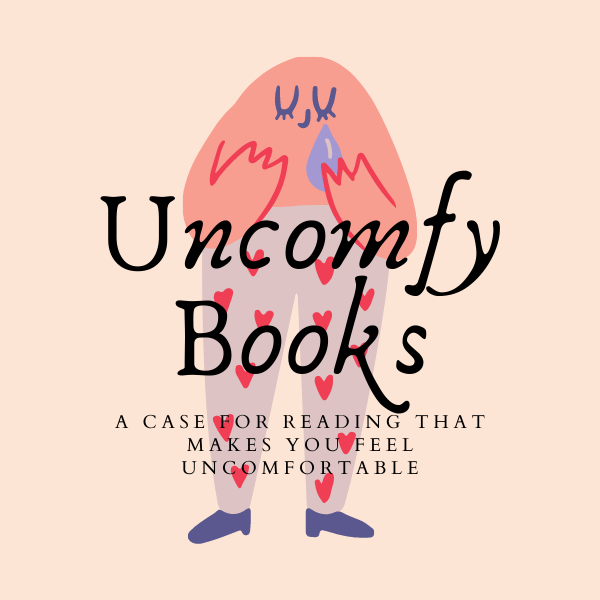I like reading books that make me feel uncomfortable.
I know in high school, I did my share of reading to escape reality, to immerse myself in worlds other than my own and live other people’s lives. Many people like to read to escape the world. I saw so many new Bookstagram friends pop up last year because living almost anywhere was preferable to living on Earth. Comfort and pleasure reading is not new.
I am here to make a case for reading that makes you feel uncomfortable.
I read two books that made me feel so uncomfortable last year. They were great books and I would recommend them to other people in a heartbeat. The discomfort taught me so much about who I am as a person and who I want to be.
I have always lived my life in the margins and intersections as a Black woman. It is easy to recognize the oppression and injustice I face. My stories are often incomplete or left out entirely. I am constantly in search of spaces and opportunities that make me feel seen.
So sometimes it is a jarring experience when I am forced to look my privilege in the face.
One of the books that made me uncomfortable was Sitting Pretty: The View from My Ordinary Resilient Disabled Body by Rebekkah Taussig. I have been wanting to learn more about disability justice and activism for a while. I was not prepared for this book to expose me to all of the privileges I benefit from as a person without a disability. I learned so much about how we place value on bodies, the common, but harmful language we continue to use, and how much I just don’t think about people with disabilities. I recognized in myself how much I don’t go out my way to provide accommodations that anyone can benefit from.
I deliberately make choices in my life that will, at the very least hinder someone with a disability.
The other book was (a Feminist Book Club Pick) Braiding Sweetgrass: Indigenous Wisdom, Scientific Knowledge, and the Teachings of Plants by Robin Wall Kimmerer. I am the epitome of the microwave-Burger King generation. I want it my way as quickly as possible (and as cheap). This does not bode well for buying and consuming products that are sustainable or good for the environment. This book made me realize that my relationship with the land is terrible.
I just want what I can get from the land, and don’t invest too much into thinking about what I can give back in return.
Books are a mirror into our own lives, reflecting back to us who we really are. No one wants to look in the mirror and see that we are not as great as we thought we are. This is why acknowledging your privilege is so hard. How can someone say that your life is easy when you clearly have examples of all of the ways it hasn’t been?
But this is also the purpose of books. We don’t know what we don’t know, and books are here to show us how we can be better. If we only read the things that made us feel complacent, then we could never learn how to be better.
But there are limits…
This is not to say that you should push through and read books that trigger you or make you feel emotionally unsafe. There are limits to what you should subject yourself to. This is about finding things that make you question your place in the world and what you contribute, NOT things that make you question your worth or humanity.
So next time a book makes you feel uncomfortable, ask yourself why:
Are these feelings coming up because this book is addressing something I feel guilty about?
Am I participating in things harmful to others?
How can what I’m learning in this book help me to be a better person?


